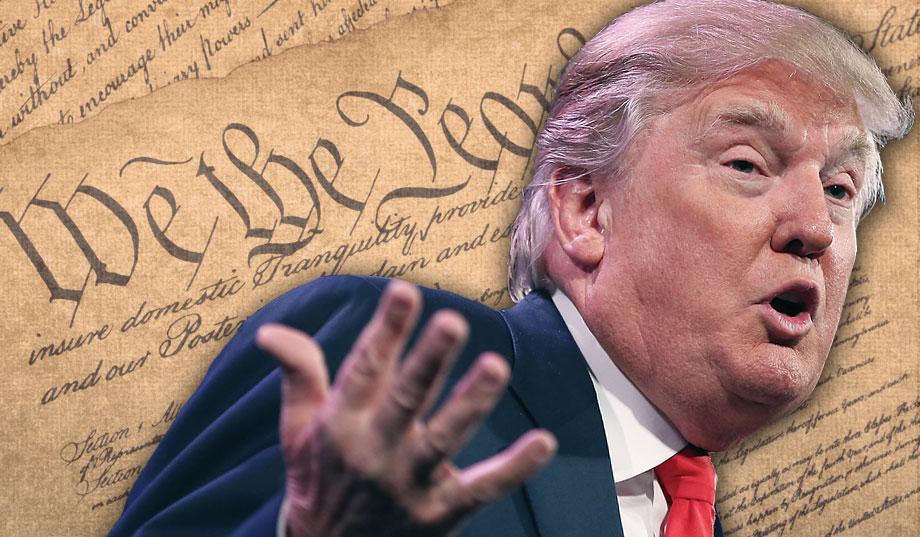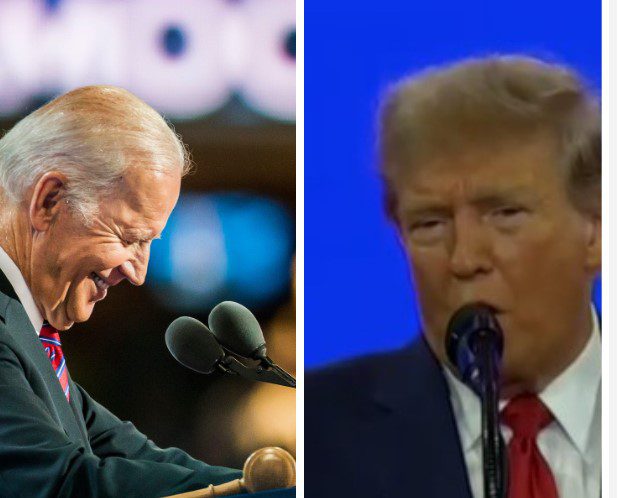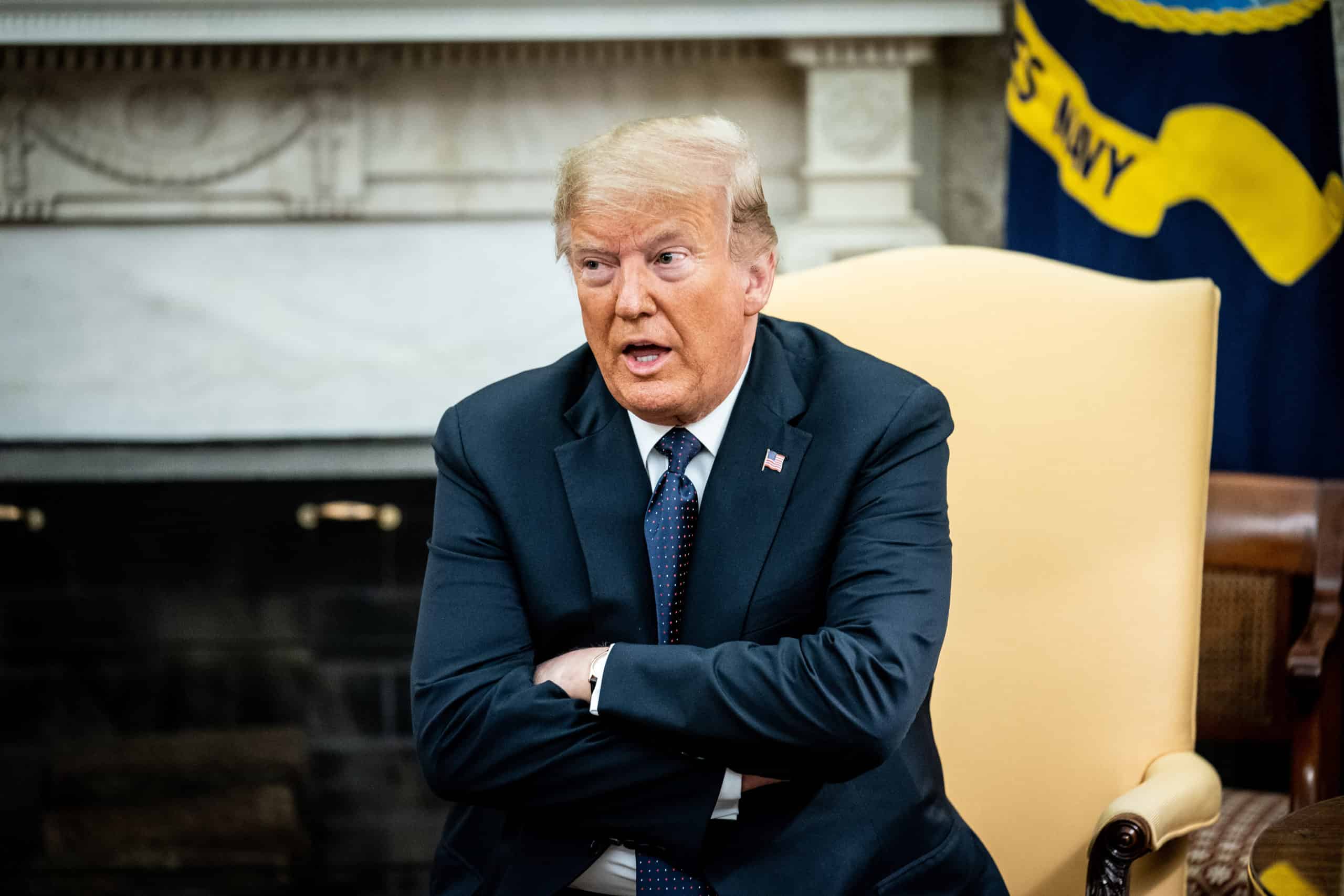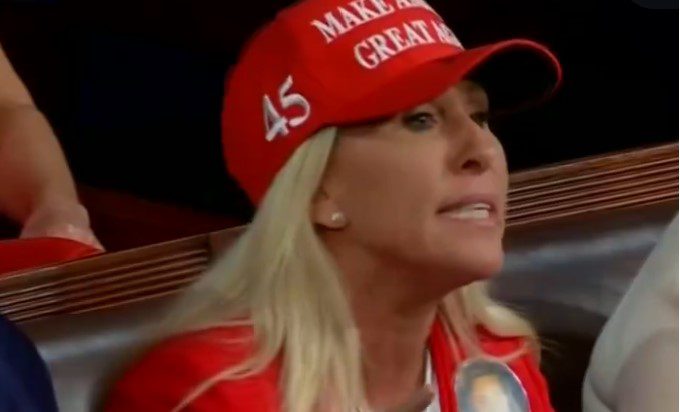Presidential Immunity: The Founders’ Vision vs. Trump’s Claims
Former President Donald Trump stirred controversy with his recent claims regarding presidential immunity on social media. According to Trump, the Founding Fathers intended for the President to have immunity to prevent the erosion of the office’s power or authority by other branches of government. However, a closer look at historical documents reveals a stark contrast to Trump’s assertions.
The Federalist Papers’ Clarification
In Federalist 69, Alexander Hamilton articulated a clear distinction between the powers of the President of the United States and those of a monarch or despot. Hamilton emphasized that the President, unlike a king, is an elected official accountable to the people for a limited term of four years. This accountability includes the potential for personal punishment and disgrace, a concept foreign to hereditary monarchies.
Furthermore, Hamilton pointed out that the President’s authority is constrained by a “qualified negative” on legislative acts, indicating a system of checks and balances rather than absolute power. In contrast to monarchs, the President’s role in declaring war, raising armies, making treaties, and appointing officials is subject to various limitations and shared responsibilities with other branches of government.
The Founders deliberately crafted a system where the President is not akin to a king but a public servant with defined powers and accountabilities. The notion of unchecked immunity, as suggested by Trump, contradicts the constitutional principles established by the Founding Fathers.
The Limits of Presidential Power
By examining Hamilton’s words and the broader context of the Founding era, it becomes evident that the presidency was never intended to be an all-powerful institution devoid of oversight or accountability. The Supreme Court’s consideration of Trump’s immunity claim underscores the importance of upholding constitutional constraints on presidential authority.
Contrary to Trump’s assertions, no President, past or present, enjoys unfettered immunity from legal scrutiny or accountability. Hamilton’s writings serve as a poignant reminder that the Presidency is not a monarchy, aristocracy, or despotism. The Founders’ vision of a limited, accountable executive resonates in ongoing debates over the scope of presidential power and immunity.
Ultimately, the idea that a President is above the law or immune to legal consequences runs counter to the fundamental principles of the American constitutional system. As the country grapples with questions of accountability and executive authority, revisiting the Founders’ wisdom offers valuable insights into the role and limitations of the Presidency.
Image/Photo credit: source url





